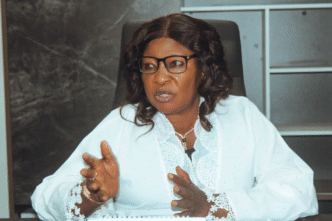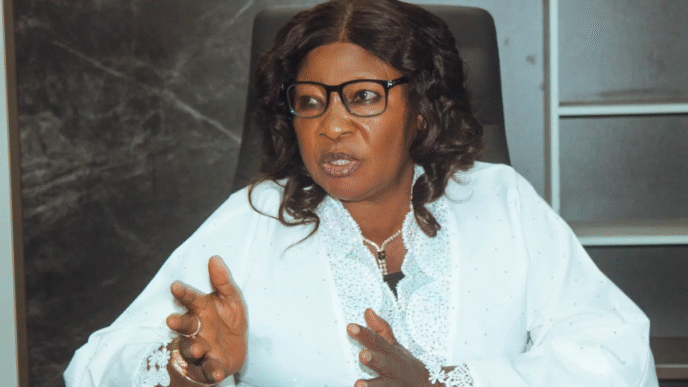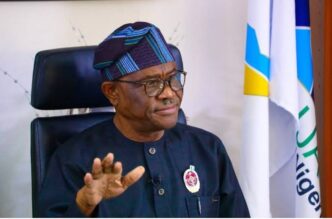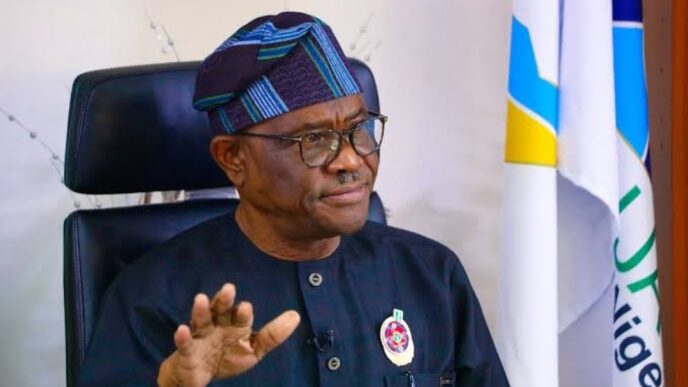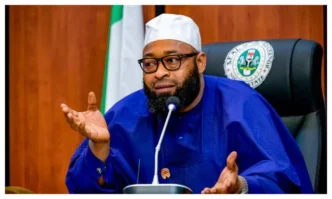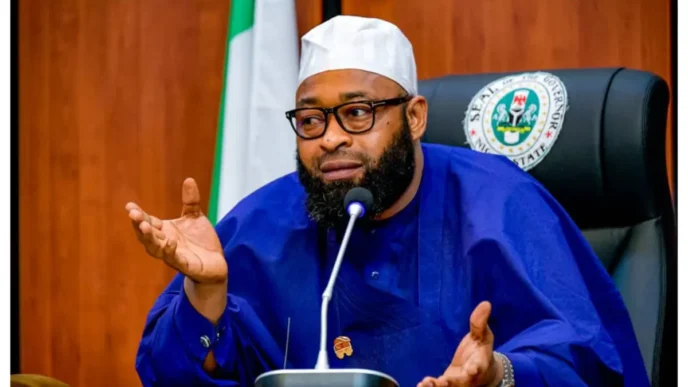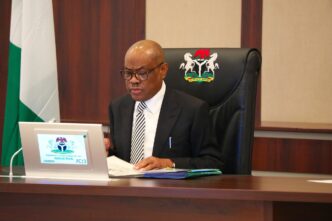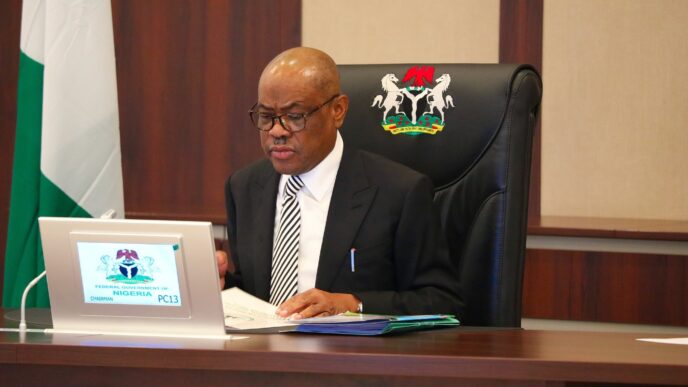The Federal Government has acquired 200 hectares of land within the Lekki Free Trade Zone in Lagos for a building materials hub aimed at reducing housing production costs nationwide.
Minister of Housing and Urban Development, Mr Ahmed Dangiwa, disclosed the development during a tour of industrial areas in the Lekki and Lagos Free Zones, according to the News Agency of Nigeria (NAN) on Thursday.
He explained that the hub is designed to promote local content in the construction sector, curb rising building material costs, encourage domestic production, and support sustainable housing delivery across the country. Similar hubs, the minister added, are planned for each of Nigeria’s six geopolitical zones.
“The Federal Government has secured 200 hectares of land within the Lekki Free Trade Zone, Lagos, for a building materials hub to reduce housing production costs. The Minister of Housing and Urban Development, Mr Ahmed Dangiwa, disclosed this during a tour of industrial areas within the Lekki and Lagos Free Zones,” the NAN report stated.
Mr Dangiwa noted that the hub will be supported by intermodal transport infrastructure—including seaports, airports, railways, and roads—to ensure smooth operations. He revealed that an investor has already been secured to kickstart the project, which is expected to reduce reliance on imported materials, conserve foreign exchange, and generate employment through local manufacturing.

In August 2024, the Federal Government announced plans to establish building materials hubs across Nigeria’s six geopolitical zones to boost local production, reduce import dependence, create jobs, and support affordable housing nationwide. The 2025 budget under the Federal Ministry of Housing and Urban Development included provisions for these initiatives.
The selection of free trade zones, including the Lekki Free Trade Zone, enables the government to offer incentives such as exemptions from import duties on machinery and equipment, while ensuring convenient access to infrastructure including seaports and major roads for efficient operations and distribution.
Minister Dangiwa stated that investors would fund and manage the hubs, which will later be returned to the government once their investments are recouped. Proposed locations include Sagamu (Ogun), Aba (Abia), Warri/Asaba (Delta), Ajaokuta (Kogi), Kano (Kano), and Gombe (Gombe). Each hub is expected to produce roofing sheets, ceilings, tiles, and doors, while providing essential infrastructure such as power, water, and worker accommodation. Investors will receive a minimum of 100 hectares and may submit their own designs.


 Trending
Trending 


